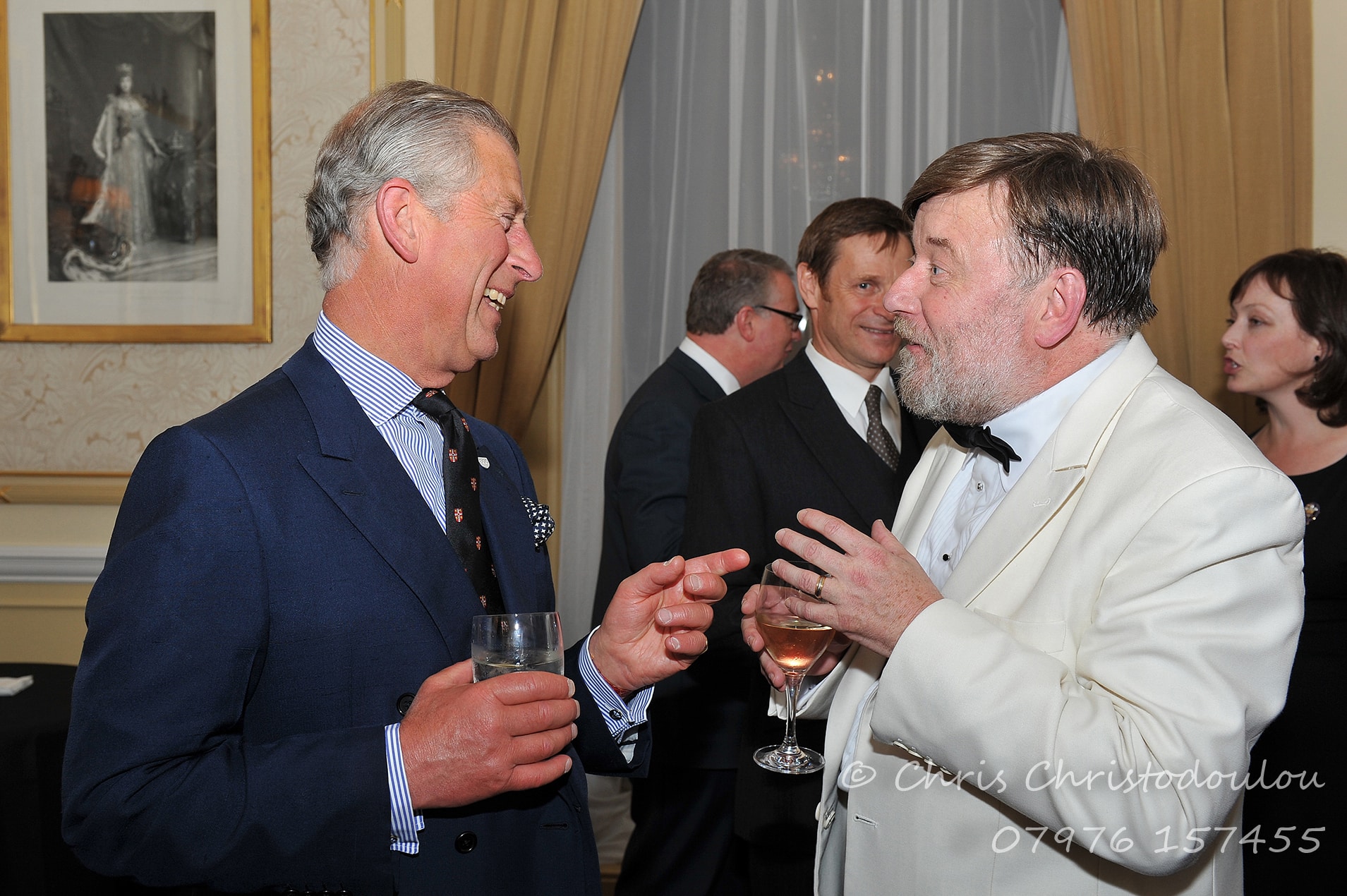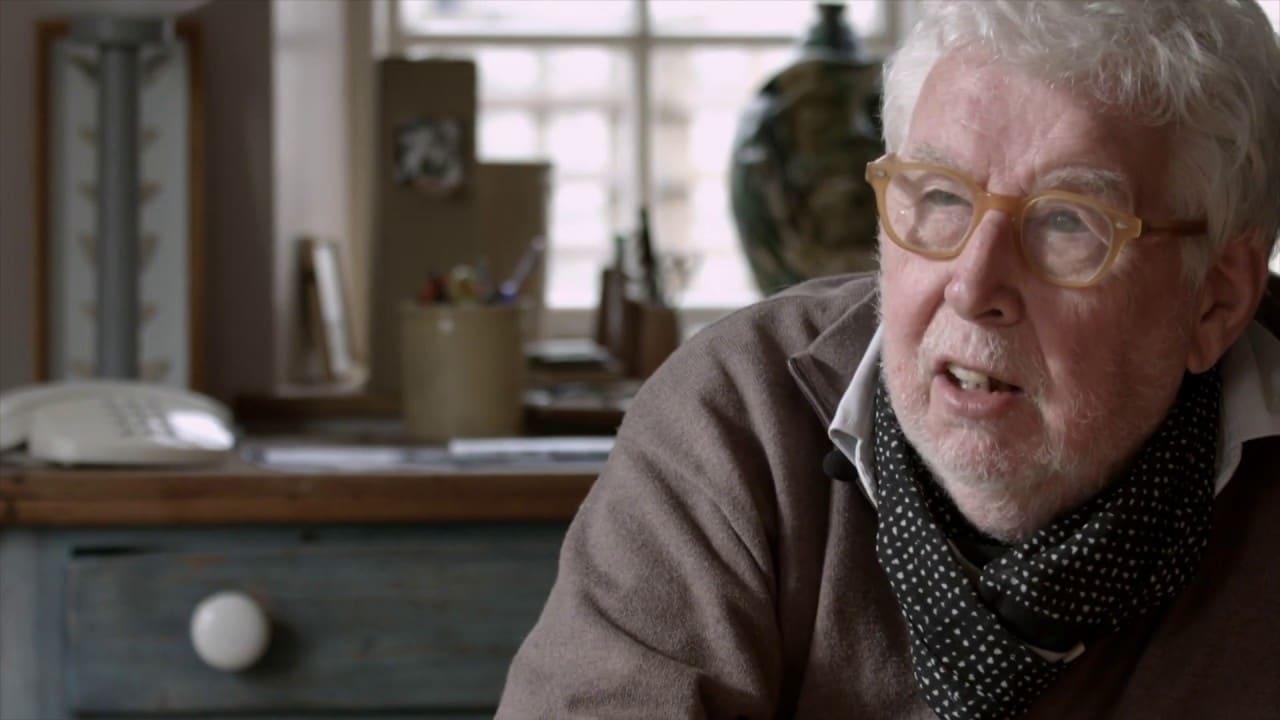Bombshell: Dresden drops Thielemann
mainThe Saxon culture minister Barbara Klepsch announced today in Dresden that Christian Thielemann’s contract as chief conductor of the Sächsische Staatskapelle Dresden will not be extended beyond 2024.
The Swiss chief excutive Peter Theiler will also be terminated in the same year.
The state wants a new team in place for what it has designated ‘Perspektive Semper 2030’.
Politicians are said to be fed up with frequent strife at the house.
Thielemann has enjoyed the friendship of Chancellor Merkel, but she’s on the way out, too.
First report here.
UPDATE: End of days for music directors?
UPDATE2: Why they dumped him






Teddy sucht neues Zuhause.
“Fed up with frequent strife at the house”.
Ms. Zell in Chicago should read this, learn and draw the necessary conclusions!
After all, strife at the house is not the worse thing that can happen. Concerning certain matters, nobody is untouchable these days, not even Bill Gates.
This is what I’ve speculated for years: The CSO, which twisted Bernard Haitink’s arm to become principal conductor after he’d hardly ever had any relationship with the orchestra, and sold Muti on becoming MD when he’d made clear he wasn’t interested in a U.S. music directorship, seems the perfect match. They traditionally have wanted the best available athlete, not necessarily an innovator or a rising star. And that, now and for the next few years, is Thielemann (or Chailly), all the more attractive because he’ll swear he’s not interested. But he’ll agree to a Chicago gig, after many years away, and come out of it saying what an extraordinary group they are…
Nope, in Michigan Av., they want to turn it into a Tartuffe that is permanently staged.
Even I get critique sometimes.
I wonder if you should take much notice of an estranged wife who wants all the leverage she can get to grab hold of your, er, assets.
Not necessarily.
Thielemann will be 65 in 2024 and may follow Karl Böhm’s footsteps. Böhm held no office after age 62, and went on to have another 25 very creative years. He focused on his ties to a few elite orchestras and opera house. Interestingly, there is significant overlap in the repertoire Thielemann and Böhm are renowned for: Bruckner, Wagner, Strauss…
Rightly or wrongly, Thielemann has been criticized for many things, but never of greed or stretching himself thin.
Thielemann draws audiences and stars to the Semperoper and Staatskapelle, which is of course great. But he’s never been really liked by those there nor as present in Dresden as one would want a GMD to be.
Opera houses always have strife though and his tenure there has been long (significantly longer than his most recent predecessors) and brought significant international attention.
But, time to change it is. Life goes on. So will Thielemann and Dresden. Just separately.
Maybe it would be a good thing for him. Thielmann is not very famous outside of Germany and Austria. He can t stay there and at Bayreuth during 40 years. And like George sang “All things must past”
Thielemann is extremely famous in the US, even though he has not conducted here for some time. His recordings are prized.
The depends on your definition of “extremely.”
I say that as a fan who attended all of his Philadelphia programs during the 90s.
The fact is that outside of the Wagner world Thielmann is not very famous. And the fact that Bruckner is not very beloved outside of Germany and Austria today don’t help. His New year concert was the less good of the last 25 years. For him I think that now it would more intersisting to do things at the oposite of what he did.
I don’t think Thielemann is interested in doing something new. He does what he knows best-Wagner, Strauss, and Bruckner. He has shown little inclination to expand his repertoire.
For Wagner he’s more than excellent I saw his Tristan in Bayreuth. I have the record he did of the Alpin Symphony with the Winer it’s not fantastic. He has to go to Amsterdam or to meet Zubin for Richard Strauss
“And the fact that Bruckner is not very beloved outside of Germany and Austria today don’t help..”
Sounds like a Grove Dictionary entry on Bruckner c.1950
I guess you could say a composer like Reger doesn’t travel well outside Germany, but Bruckner is BIG! .
Not by me.
He has a pretty steady flow of high profile recordings — there’s a new Bruckner cycle with the Vienna Philharmonic, for example – so I suspect he has pretty strong international name recognition, even if he doesn’t conduct much outside of Germany.
I’m sure his agent’s phone is ringing off the hook.
Thielemann has no agent… and doesn’t need one either.
“It is at the end of something that we begin.” To-Fu, China 9th century BC.
This appears to have as much to do with the end of music directors as Mahler’s ejection or resignation from the Vienna Opera in 1907.
As for the Concertgebouworkest, it seems that Audi has a limited role, directing a couple of visual-audio productions, and I don’t see how that affects the search (or lack of search) for a music director. I willingly admit to ignorance on the issue, but what I’ve read here doesn’t seem to warrant end-of-the-musical-world headlines.
There’s a lot of mythology around Mahler’s departure from the Vienna Hofoper. Apart from the antisemitism that was alwyas behind the respectable façade, the real reasons were twofold: 1) He forcefully insisted on the presence of all of his singers and choristers also for the minor rehearsels but took himself long periods off to conduct his work elsewhere; 2) he was very demanding and conducted extremely long and exhausting rehearsels in a time when unions were not there to step-in. Prince Montenuovo, his boss, insisted that he spend much more time at the Hofoper given his big salary, and should restrict his outdoor conducting drastically. This Mahler could not bring himself to do, so it was he himself who decided to hand-in his resignation and to make place for another conductor. He went on conducting a number of beautiful productions with Roller, the famous and explorative stage designer, untill his successor had arrived and smoothly cold take over, and happily left the institution.
There was a press campagne in 1907 by some critics and journalists who knew nothing of music, but that in itself was normal in those times and not enough to ‘bring Mahler down’, he also had a lot of fans because of the high level of the productions. Also, ‘Hetzes’ are an old Viennese custom, bad enough, but local folklore because its art institutions were seen as common property of everybody in the city, at the heart of its identity. Every Viennese had and has an opinion about the music going-on there. But he treated the musicians and singers like a tactless lion-tamer, so the mood was not always cooperative in the building, to say the least. It seems that all staff, including the singers and musicians, where happy when he left, only to regret it much later.
Bravo John;
I see that your source stems from Henry-Louis de La Grange’s excellent biography on Mahler– (which I also read)
Thielemann has had fights whereever he has been. His feuding with the intendant and unreasonable demands, such as wanting to do concerts with huge forces like Heldenleben during the pandemic just underscore how difficult he is. For the german romantic repertoire he’s tops but he has little interest in growing either as a person or as a musician.
A politician in 2021 decides what will be the Semperoper in 2025. Shouldn’t this be decided aside from politicians?
Not as long as the state is paying his salary and basically all the money the orchestra needs. As long as they take public money, who else but the publicly elected officials should properly decide these issues. And I am reasonably sure that the minister got a lot of informed advice before she acted.
Hopefully Thielemann will find this to be a good and in the end creative wake up call.
Worrisome is the statement by the Saxony state government, that they have an agenda of how the programming from then on should be. (Semper 2030)
Such demand will dampen the interest by the best conductors to apply for the post.
It would be a shame to see this great orchestra suffer by such infringements on its artistic freedom by state authorities.
Thielemann is one of today’s best conductors. If he wants it, he will find an excellent job elsewhere. I attended great performances at the Semperoper with him on the podium: Rosenkavalier, Arabella, Tosca, Lohengrin, Deutsches Requiem, Mozart’s Requiem, and a fabulous Strauss concert with Harteros (VLL and the Alpine Symphony) as well as Meistersinger in Salzburg. I will miss this partnership.
Chicago
Forget it. Thielemann hates the life in the United States. Spending there 12 weeks a year would be a torture for him.
I’m amazed nobody’s suggested the obvious yet…
He’s gonna follow Barenboim at the Staatsoper.
Back to the roots…
1939–1945: Herbert von Karajan
1940–1942: Paul van Kempen
1945–1946: Karl Schmidt
1938–1951: Joseph Keilberth, Leopold Ludwig, Karl Fischer
1950–1951: Arnold Quennet, Hans Lowlein
1951–1953: Karl-Egon Gluckselig
1951–1954: Walter Lutze
1954–1955: Erich Kleiber
1955–1962: Franz Konwitschny, Lovro von Matačić, Horst Stein
1961–1992: Heinz Fricke
1961–1973: Heinz Rögner
1962: Helmut Seydelmann
1964–1990: Otmar Suitner
1984: Siegfried Kurz
since 1992: Daniel Barenboim
…